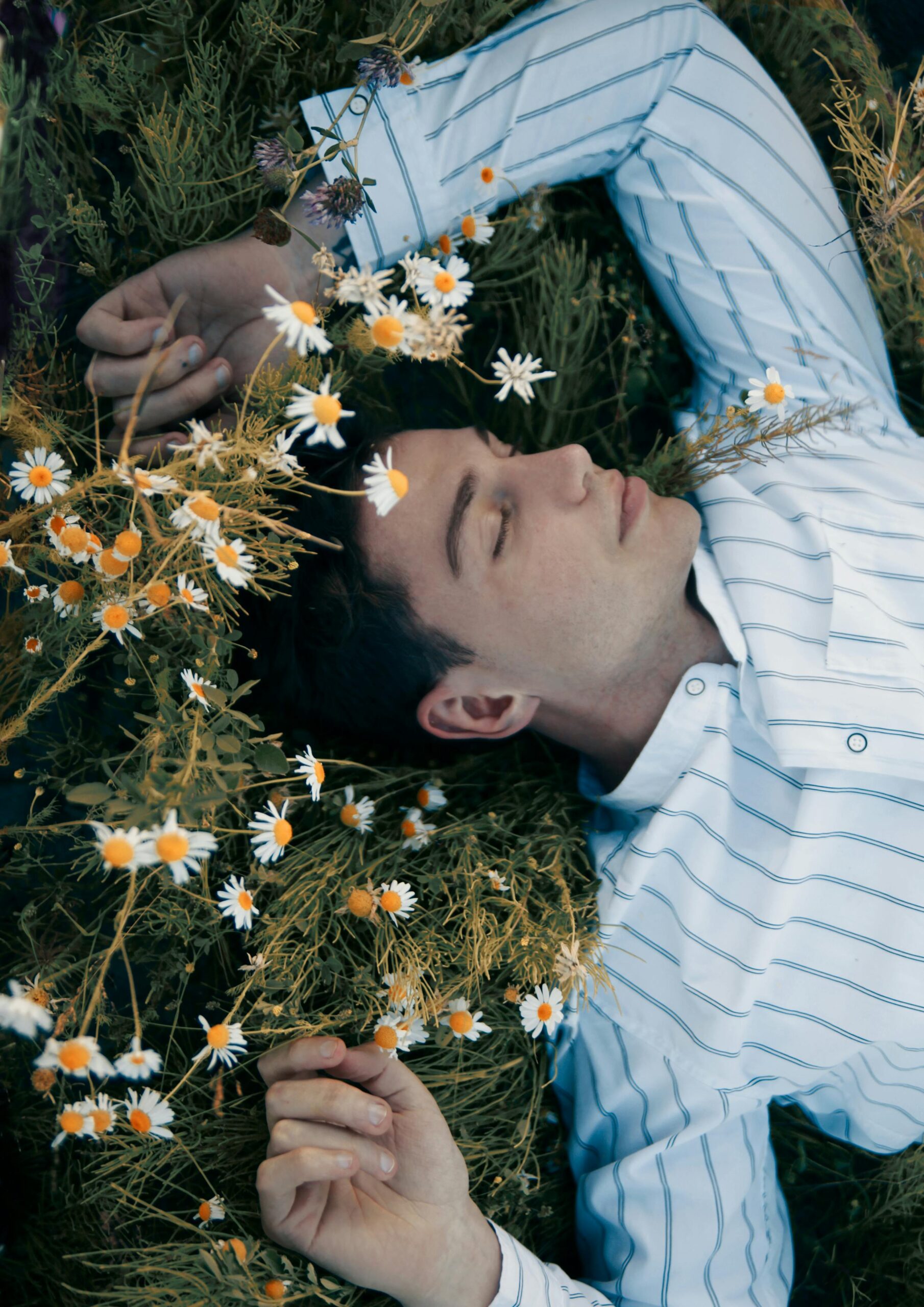
If I had to guess, I’d say that in most conversations between two adults in the Western World, at least one of the people will utter the word “busy” to describe how they’re doing. This state of being—or, rather, of constantly doing—is so common and so pervasive, that it’s often what we lead with when speaking about our lives. Sometimes, we say it with exhaustion, like a quiet admission of feeling trapped by all our obligations. Other times, we wear it like a badge of honor—proof of our productivity, importance, or success. Either way, we say it a lot. And, for the most part, it’s true.
In our fast-paced, industrialized, capitalist society, productivity is praised above all else. We’re trained to be more like human doings than human beings, and we often have an unreasonable number of demands on our time. The pressure to produce is immense, and what it takes to survive—let alone to achieve or acquire more, as most of us have been taught to do—just keeps increasing, so that we never feel like we’re doing enough.
With this as our backdrop, the act of rest becomes revolutionary. To commit to slowing down, unplugging, setting aside the task list, and allowing ourselves to do nothing is a radical act in a world that has taught us to conflate our productivity with our worth. But prioritizing rest isn’t just about subverting societal norms. For many of us, it’s also about challenging things we learned in our childhood about resting—that it means you’re lazy, for example, or that you can only rest once you’ve earned it. Because of all the things we’ve been taught to believe about it, rest can feel like a selfish or slothful indulgence, rather than a necessity.
Sometimes, resting is not only difficult because of what’s going on in our minds, but also because of what’s going on in our bodies. It is often the case that slowing down and attempting to shift from the doing mode to the being mode feels uncomfortable or even unpleasant. Some of us grew up in chaotic, unpredictable environments, where our nervous systems were shaped for vigilance. Letting our guard down to rest can feel exposing, even unsafe. Or, it can feel boring and under-stimulating, because we’re so unaccustomed to being in the present moment that attempting to rest in the here-and-now feels like torture.
Rest is a natural and fundamental state for any living being. Yet, our culture has shaped us to perceive it in layered, emotionally charged, and overly complicated ways. The customary way of life in our culture places legitimate barriers in the way of us resting as much as we need to. And, if we aren’t mindful, we can participate in building our own barriers to it.. This is why we must become revolutionaries when it comes to rest. Rest isn’t a luxury; it’s a reclaiming of what’s most natural. If we want to truly live—and not just survive—we must teach ourselves to honor the deep truth found in nature: that we can only be as active as we are rested.





